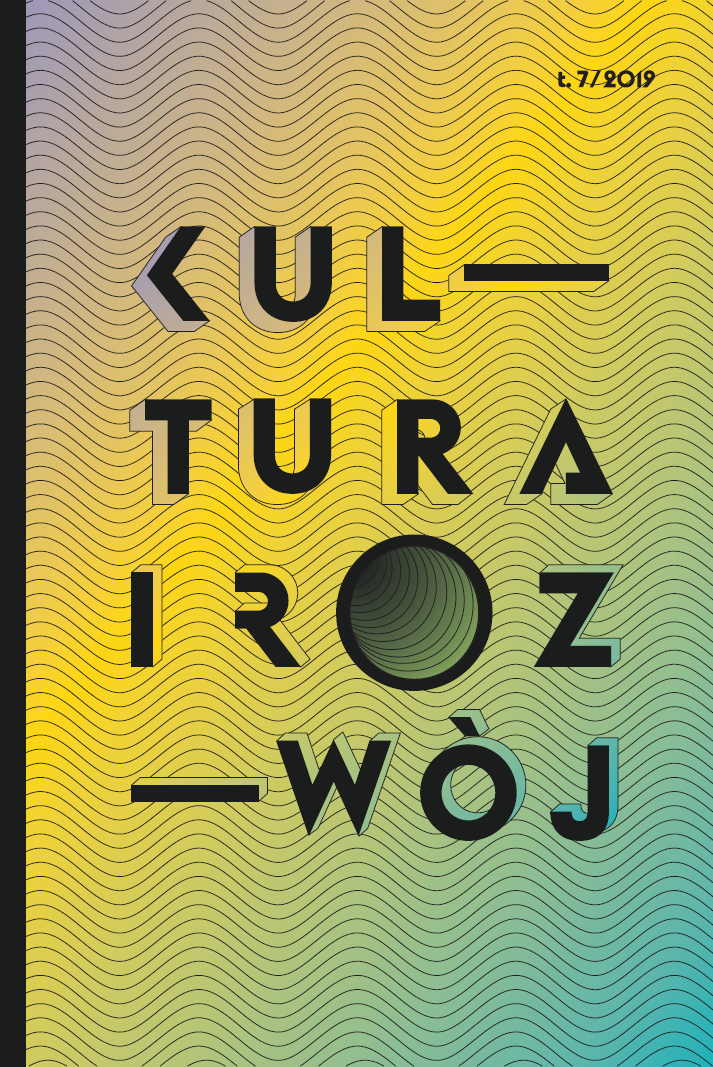Uniwersytet, czyli o "upartym obstawaniu przy regułach dobrego używania intelektu"
University, or About “Stubborn Insistence
on the Universal Rules of Good Use of the Intellect”
Author(s): Anna GizaSubject(s): Politics / Political Sciences, Philosophy, Social Sciences, Education, Sociology
Published by: Wydawnictwo Naukowe Scholar Sp. z o.o.
Keywords: University; mission; globalisation; educational market; rationality; rationality constraint; instrumental values
Summary/Abstract: University is of a dual nature. On the one hand, it is a corporation of people (scientists) sharing common values and respecting common methodology of examining and reasoning. In this respect, University exists “for a purpose”, which is discovering the truth and passing it to others. On the other hand, it is an organisation that needs resources to exist and function; being linked to the external world makes university vulnerable to heterogeneous influences. The immanent tension between mission and mundane organisational needs puts autonomy at the centre of the university idea; the pressures on universities were quite common throughout history. However, the contemporary pressure is not only exceptionally strong, but also specific: I call it a “rationality constraint”, i.e. forcing universities to improve performance measured by the universal “productivity metrics”. The level of performance indicators influences the inflow of various resources – good scientists with high achievements, students, money, etc.; rescheduling attention from the mission to “performance indicators” is thus perfectly rational. The tendency to focus on effectiveness results in making the university mission instrumental against organisational goals and in weakening its autonomy. Moreover, it is Academia itself that stands behind this tendency: the external world does not force it upon us, it only establishes the payoff matrix.
Journal: Kultura i Rozwój
- Issue Year: 7/2019
- Issue No: 1
- Page Range: 151-169
- Page Count: 19
- Language: Polish

